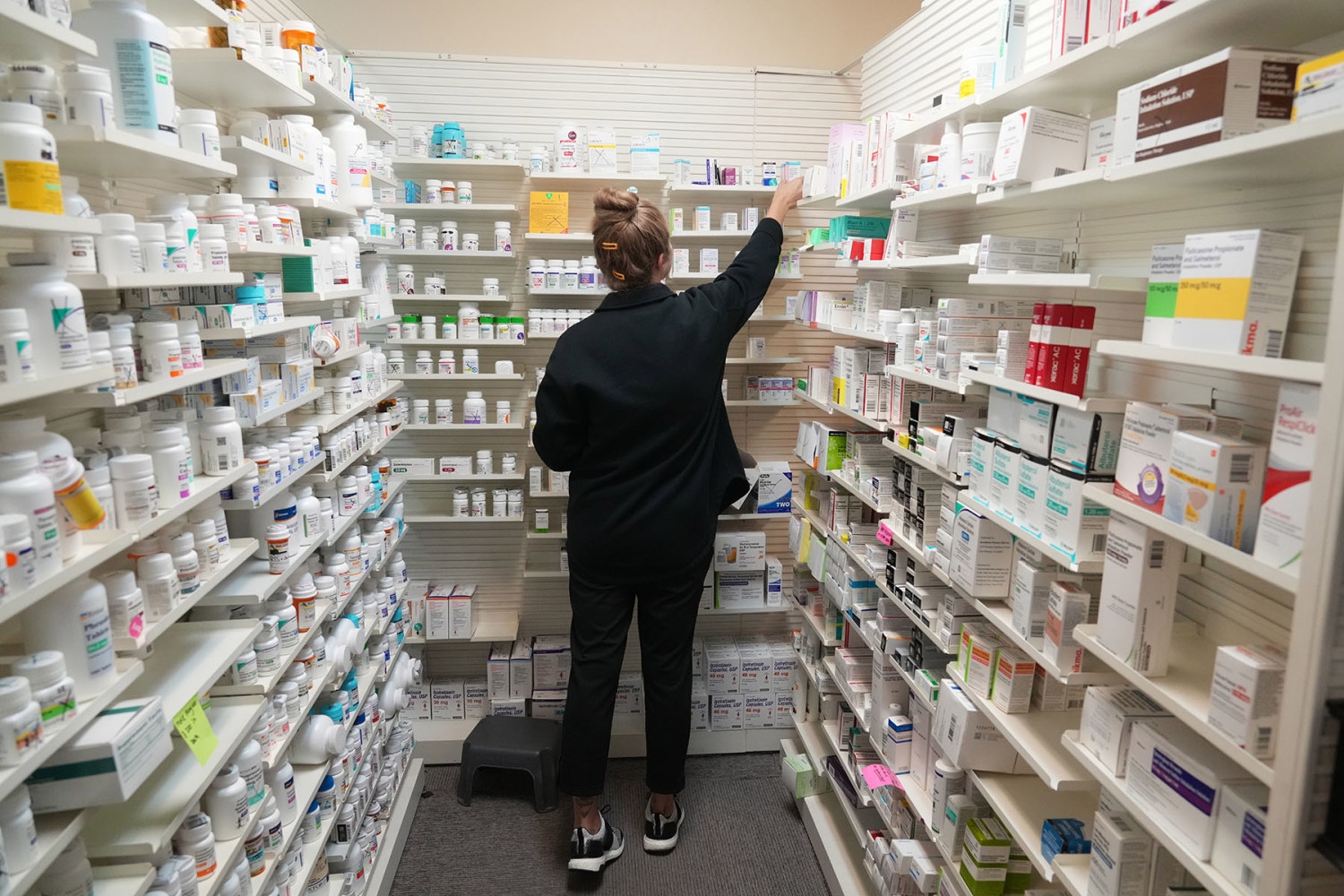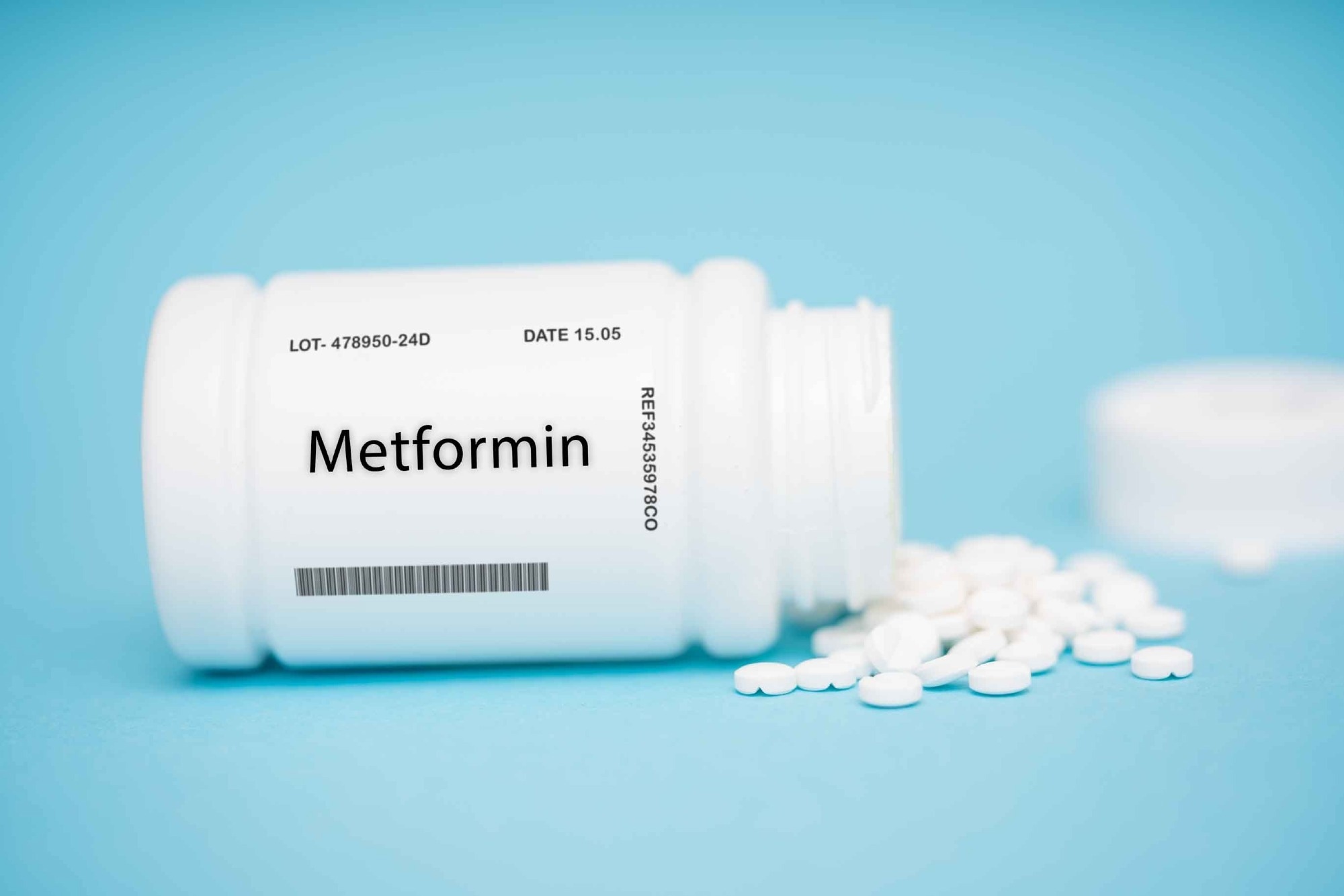The debate over potential pharmaceutical tariffs has sparked concern among patients and health experts, as questions rise about whether new trade policies could make essential medicines more expensive.
The potential introduction of additional tariffs on pharmaceuticals has sparked extensive debate both within the healthcare industry and outside of it. Economic experts, patient advocacy organizations, and representatives from the industry are meticulously assessing how these actions might influence consumers who are already facing increasing healthcare expenses. Though the rationale for implementing tariffs is frequently associated with enhancing local manufacturing and altering international trade relationships, the effect on medication costs continues to be a controversial topic. If these tariffs are put into place, there might be a rise in the price of some drugs, yet well-thought-out exemptions could offer some relief for patients and healthcare providers.
Possible impacts on the cost of medication
Prices of prescription medications in the United States have consistently been a significant issue, leaving numerous patients finding it difficult to pay for vital therapies. Implementing tariffs on drugs brought in from abroad might add complexities to this scenario, particularly if they are widespread across types of medicines that are crucial for many. For those with ongoing health issues necessitating everyday therapies, even a slight rise in expenses could greatly impact family finances and adherence to treatment plans.
Economists specializing in healthcare caution that tariffs might end up being borne by consumers since pharmaceutical firms encountering increased import expenses could likely modify their pricing models. Insurers might pass these additional costs onto patients by raising premiums or co-payment amounts. This results in a chain reaction, leading to not just higher costs for medications, but also making overall healthcare expenditures more challenging for households.
Nevertheless, the scenario has layers of complexity. Authorities have pointed out that exceptions might be considered for vital medications, generic pharmaceuticals, or indispensable resources where hikes in expenses could cause disproportionate harm. These exceptions might alleviate some of the pressing issues and avoid a broad disturbance in the availability of cost-effective healthcare.
Trade policy, supply chains, and domestic production
One of the central arguments for introducing pharmaceutical tariffs is to reduce reliance on foreign manufacturing, particularly in regions where geopolitical tensions or supply chain disruptions have raised vulnerabilities. The COVID-19 pandemic highlighted the fragility of global supply networks, with shortages in active pharmaceutical ingredients (APIs) and delays in shipping leading to bottlenecks in medication availability.
Supporters of tariffs argue that imposing such measures could incentivize domestic production, strengthening resilience in the pharmaceutical sector and ensuring greater control over critical drug supplies. They suggest that short-term price adjustments may be an acceptable trade-off for long-term security and self-reliance. In this view, tariffs act as a policy tool to protect national interests and encourage investment in local manufacturing infrastructure.
Nonetheless, some experts warn that establishing strong domestic capabilities is not an expedited process. Shifting production from foreign locations to American plants demands considerable financial input, regulatory clearances, and training of personnel, which may take several years to complete. During this period, individuals could face increased expenses without promptly experiencing the advantages of more local supply. This situation highlights the fragile equilibrium between economic planning and health results.
Exemptions and policy considerations
Los exenciones son fundamentales para determinar el impacto final de los aranceles. Si se diseñan con cuidado, pueden proteger a los pacientes más vulnerables al tiempo que se persiguen objetivos políticos generales. Por ejemplo, excluir medicamentos esenciales para enfermedades crónicas como la diabetes, el cáncer o las enfermedades cardíacas podría evitar que millones de estadounidenses enfrenten dificultades financieras repentinas. Además, garantizar que los medicamentos genéricos estén libres de aranceles ayudaría a mantener una de las opciones más accesibles y económicas en el mercado.
Policy specialists observe that exceptions might also include medications with no viable local substitutes, acknowledging that placing tariffs on these items would not encourage competition but would rather lead to shortages. By implementing tariffs in a selective and calculated manner, it is feasible to achieve economic objectives without compromising public health priorities.
The challenge lies in defining clear guidelines for which medications and products qualify for exemptions. Transparency in this process will be critical to maintaining trust and avoiding accusations of favoritism or inefficiency. Furthermore, exemptions must be regularly reviewed and updated to reflect changes in the pharmaceutical landscape, ensuring that protections remain relevant and effective over time.
What it means for patients and the healthcare system
For individuals receiving medical care, the primary worry is cost. Any strategy that could lead to increased medication prices captures the interest of those who are already making tough decisions between buying their medications and handling other necessary costs. Support organizations emphasize that ensuring access should continue to be the main focus in any discussions related to trade or economic policies.
Healthcare providers also have a stake in the outcome. Rising drug prices can lead to lower adherence rates among patients, resulting in poorer health outcomes and increased demand for emergency care. This in turn places additional strain on hospitals, clinics, and the broader healthcare infrastructure. If exemptions succeed in blunting the most harmful effects of tariffs, they could preserve continuity of care and prevent these cascading challenges.
From a broader perspective, the debate reflects a recurring tension in U.S. policy: balancing economic independence with the imperative of affordable healthcare. While the goals of securing domestic production and reducing reliance on foreign supply chains are important, they must be weighed against the ethical responsibility to ensure that patients are not disproportionately harmed by economic strategies.
The discussion concerning pharmaceutical tariffs brings to light the intricate intersection of trade, healthcare, and public policy. The choices made in this field will affect drug costs and will also influence the future of pharmaceutical innovation, supply chain stability, and patient health. As policymakers persist in adjusting proposals, the significance of exemptions will be crucial in deciding if tariffs serve as a means of economic resilience or a financial burden for millions of Americans.
The result will depend on finding a balance between boosting local industry and safeguarding public health. For both patients and healthcare providers, the expectation is that policy choices will focus on accessibility and equity, ensuring that economic approaches do not disadvantage the very individuals they are meant to benefit.





